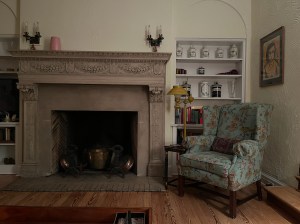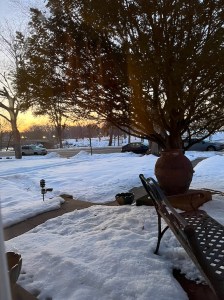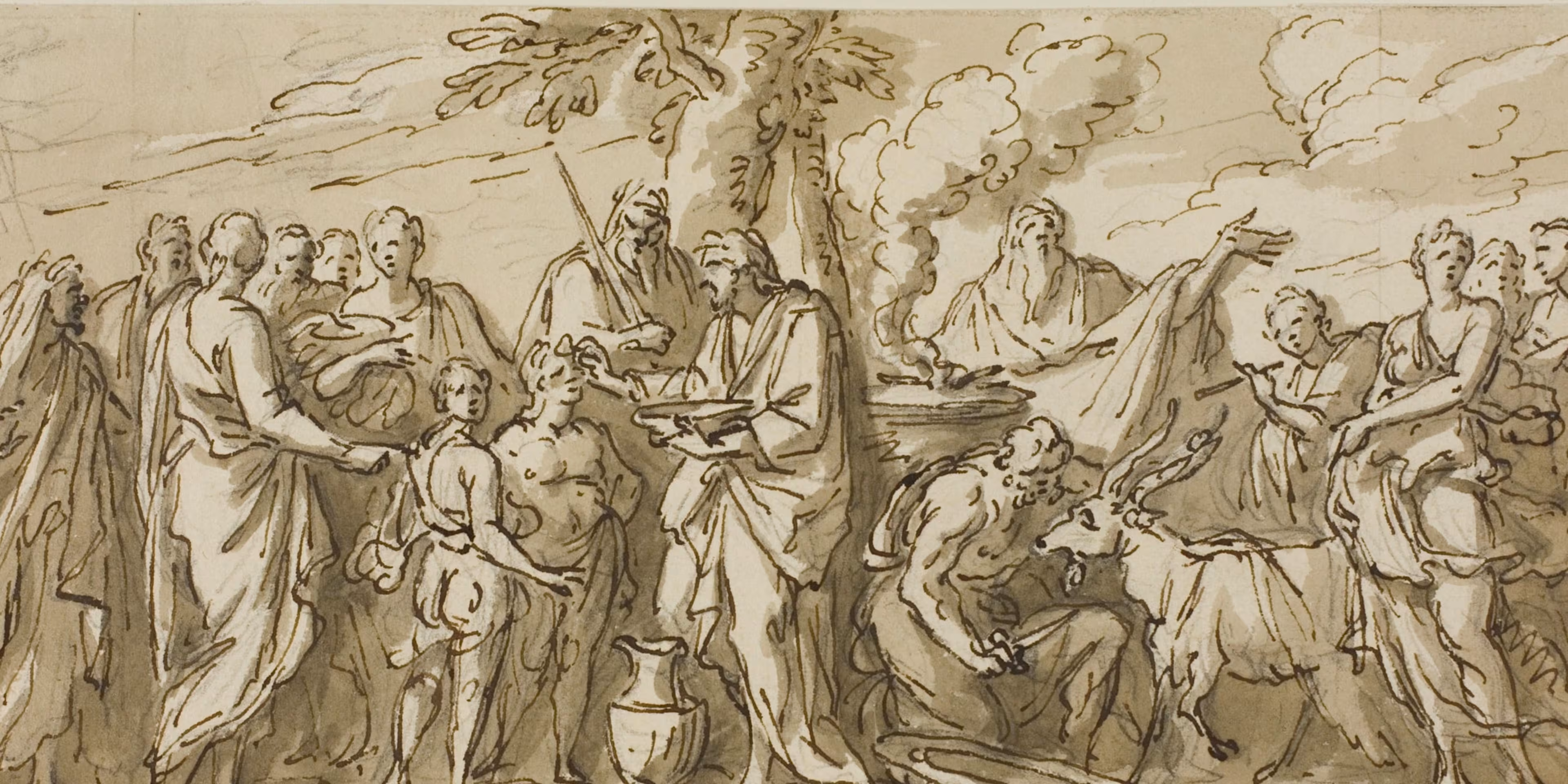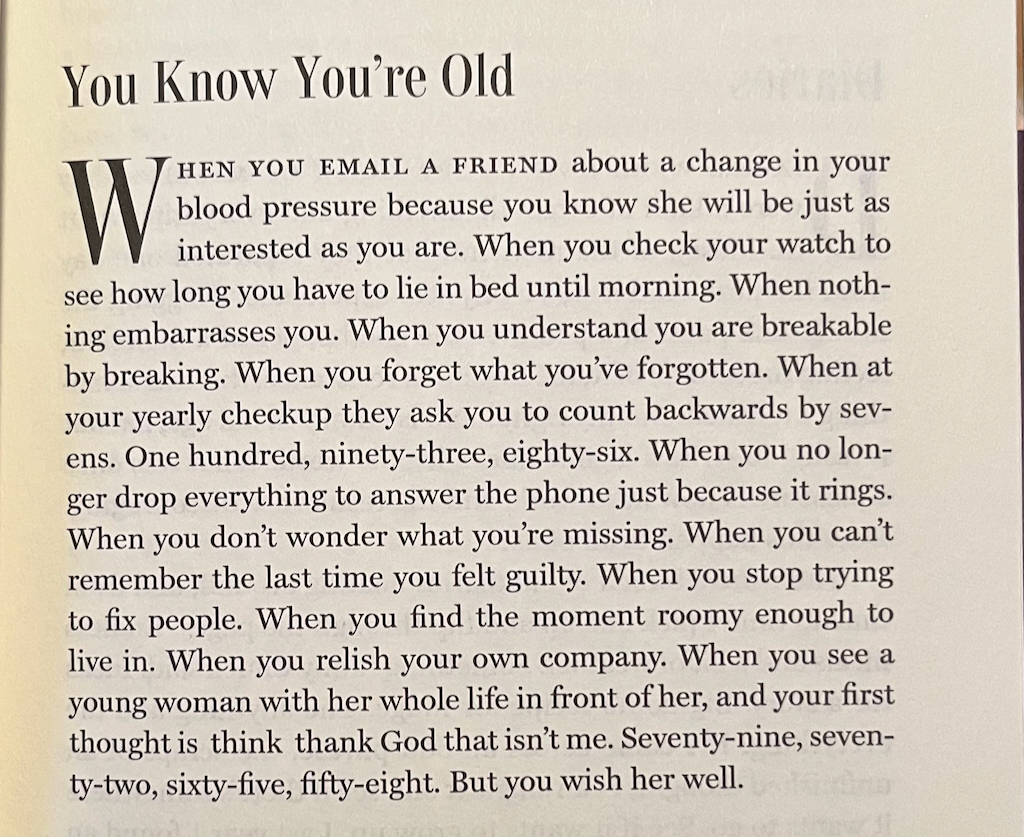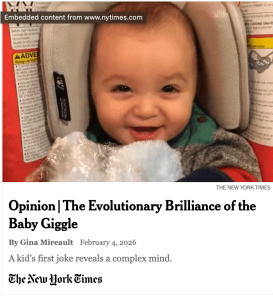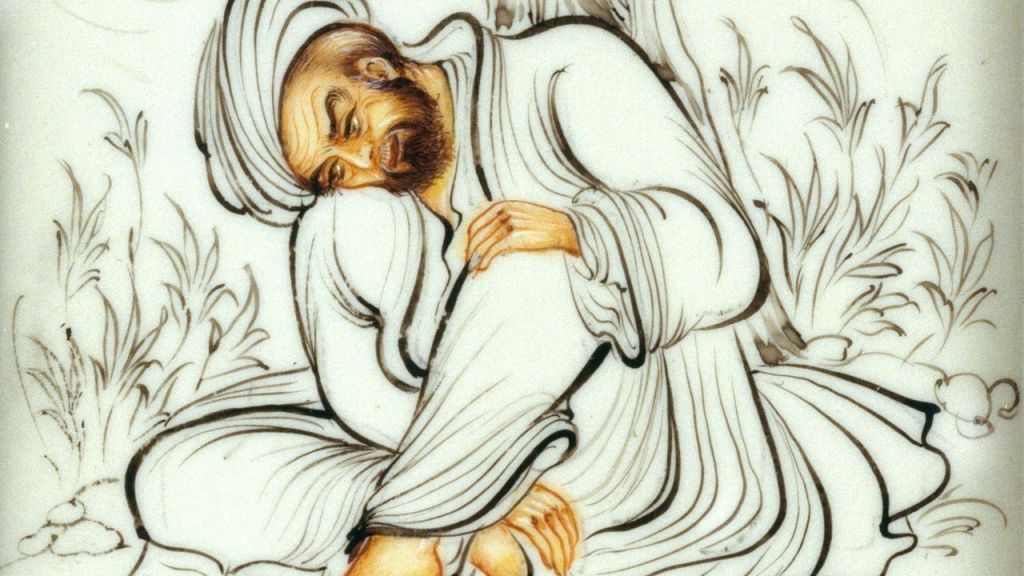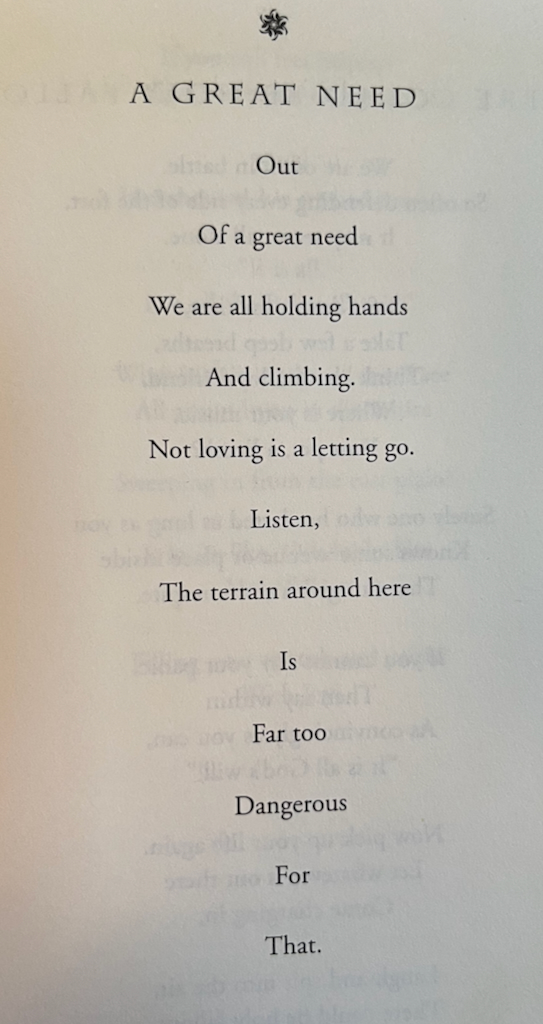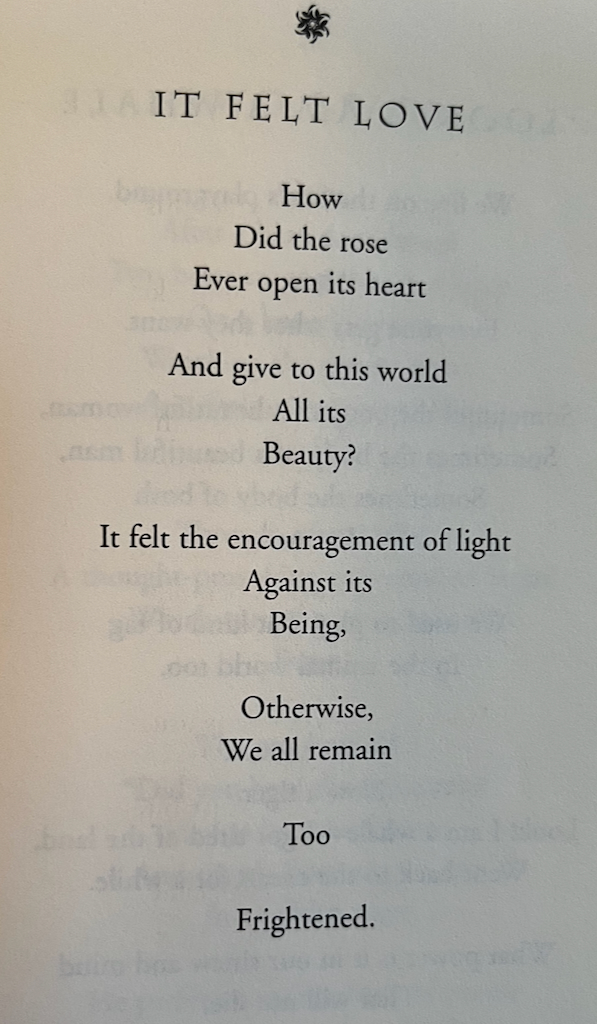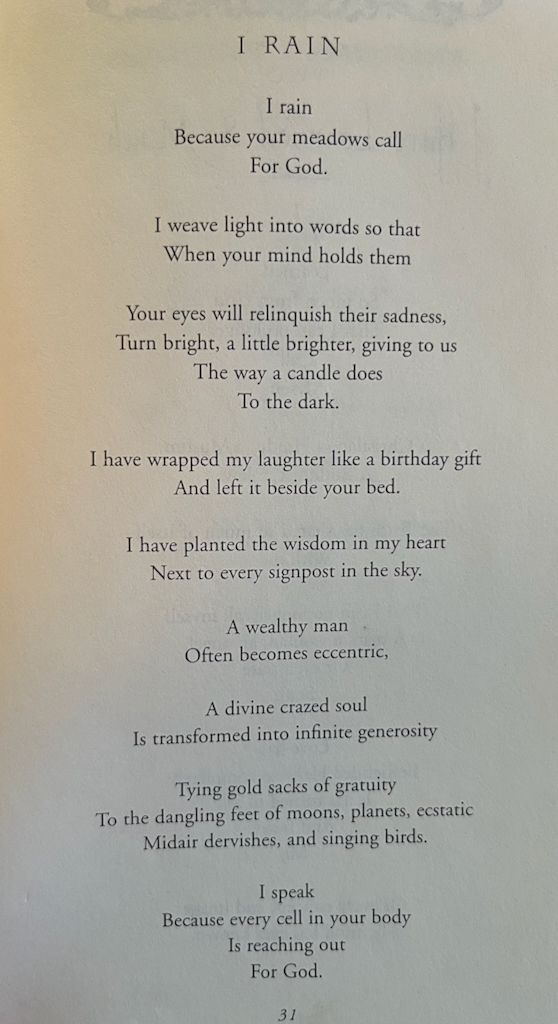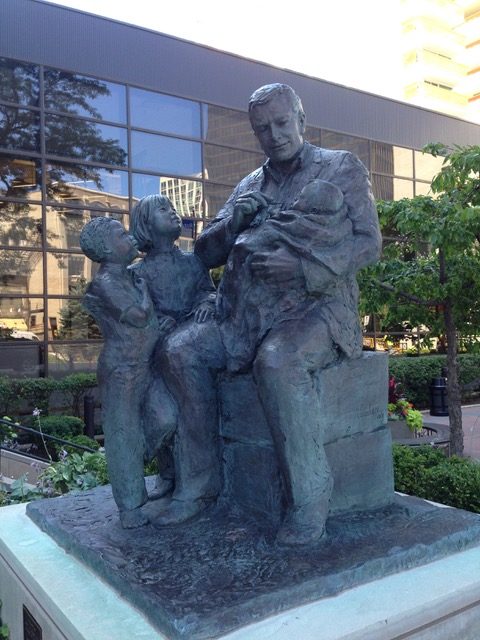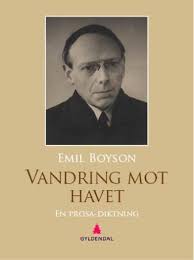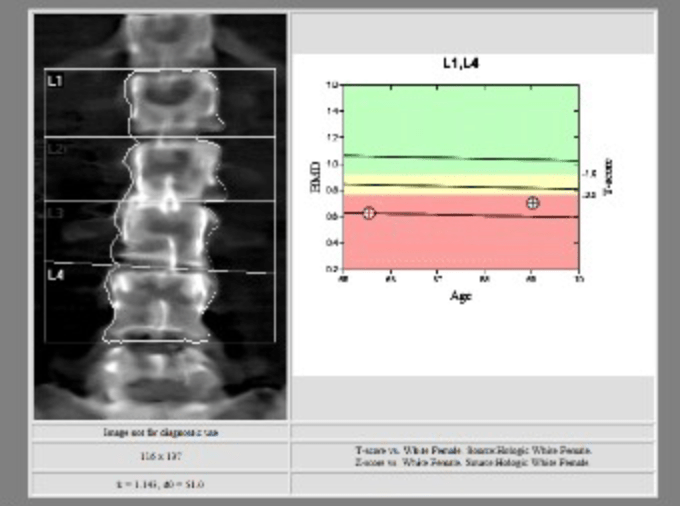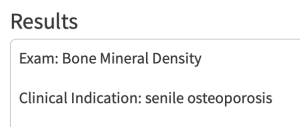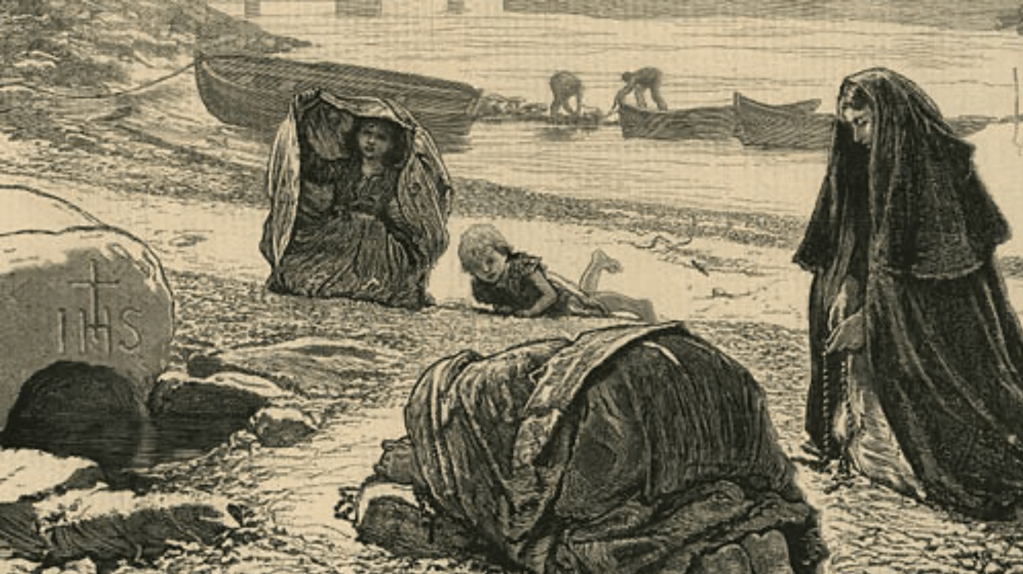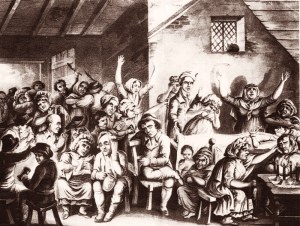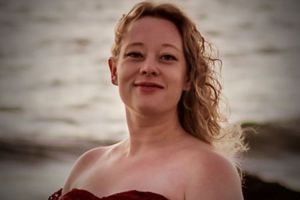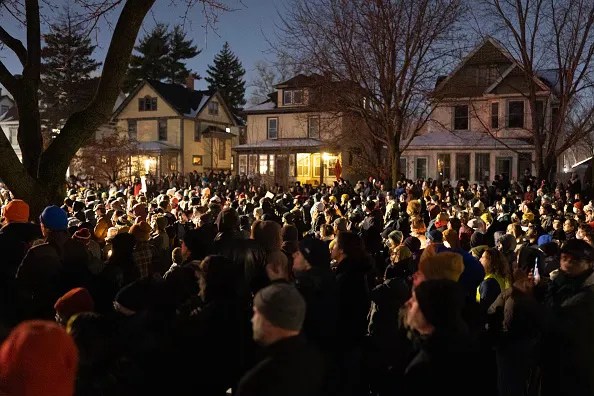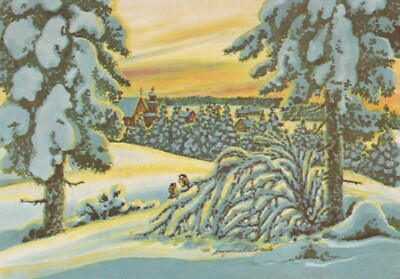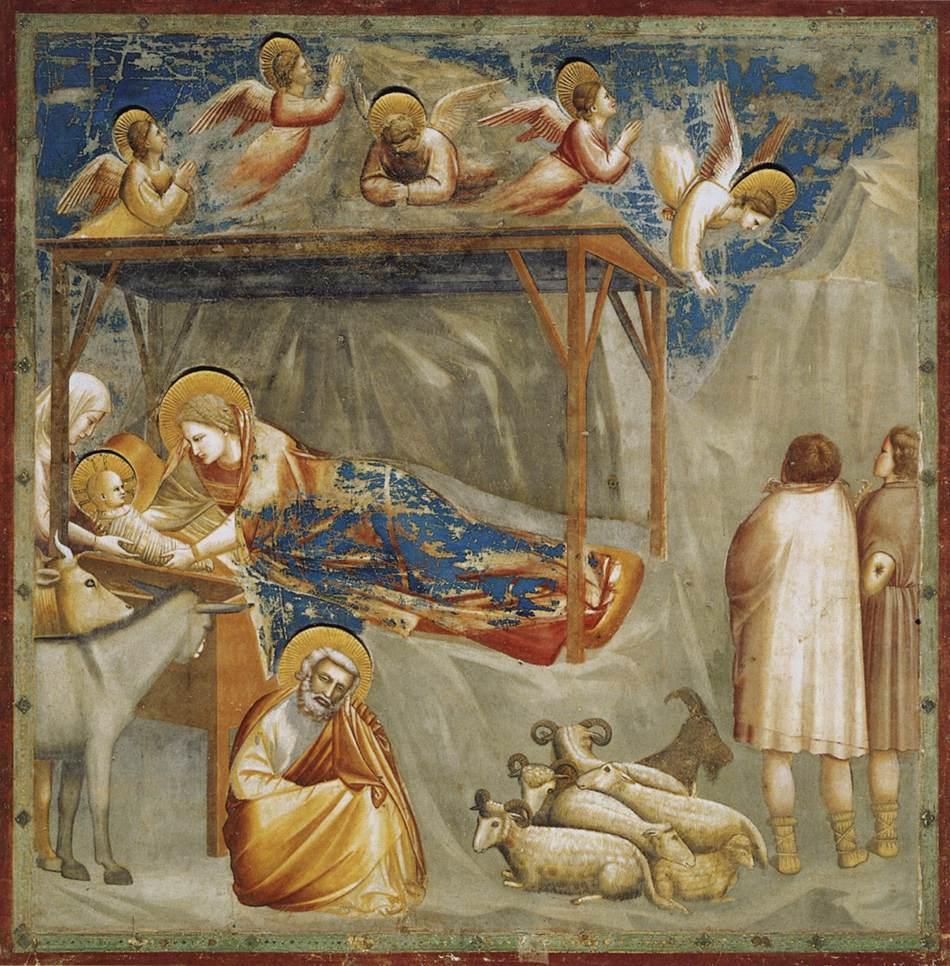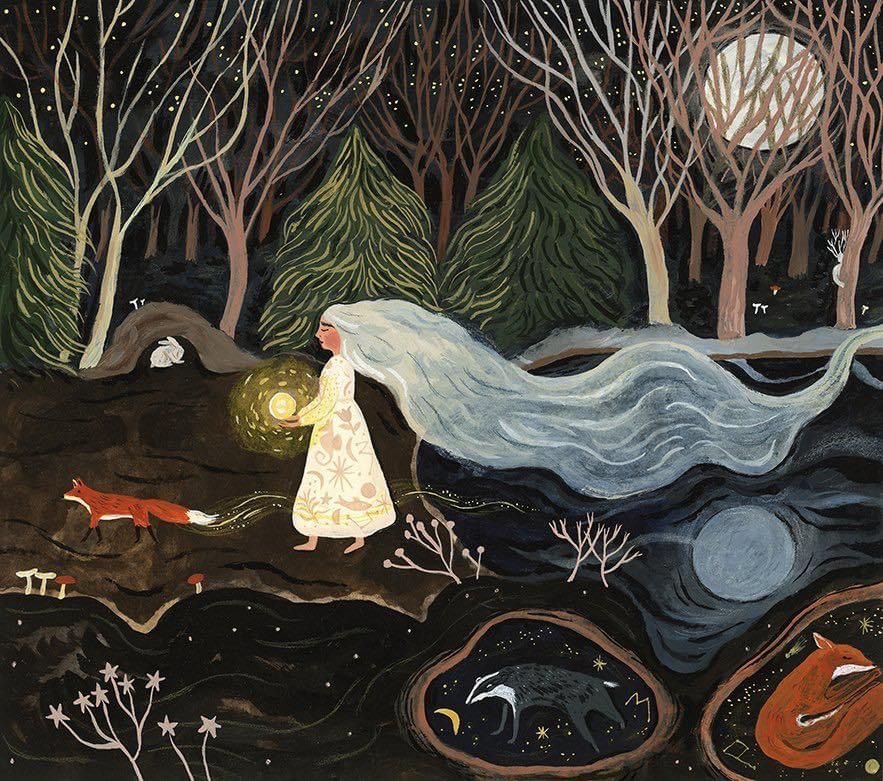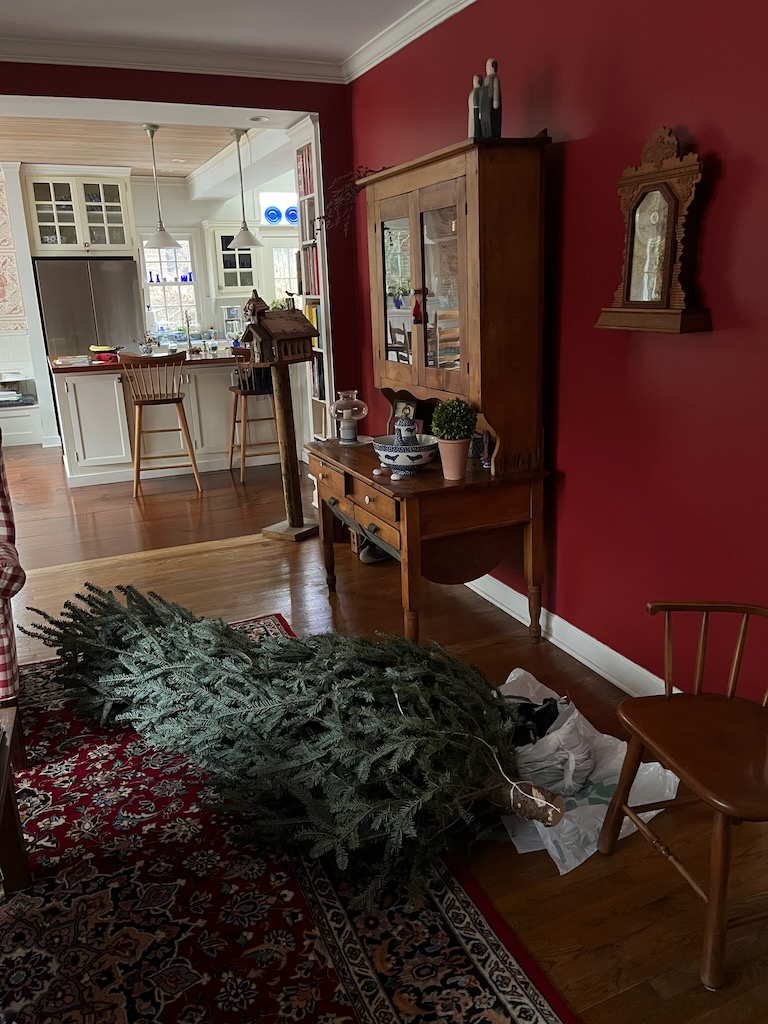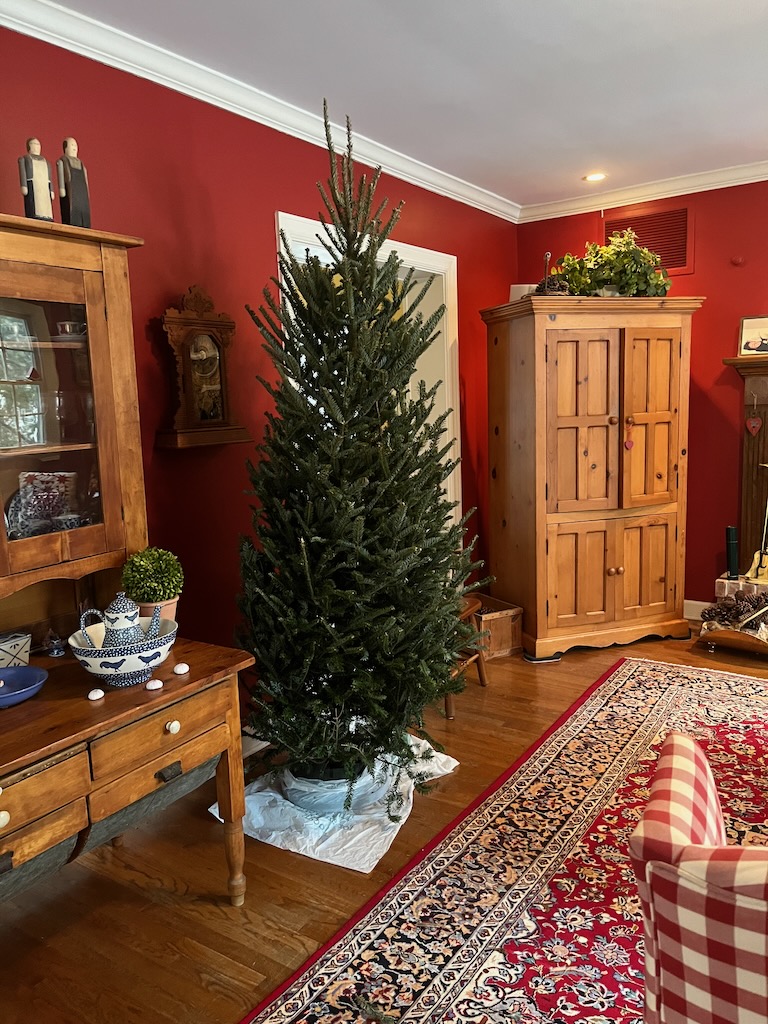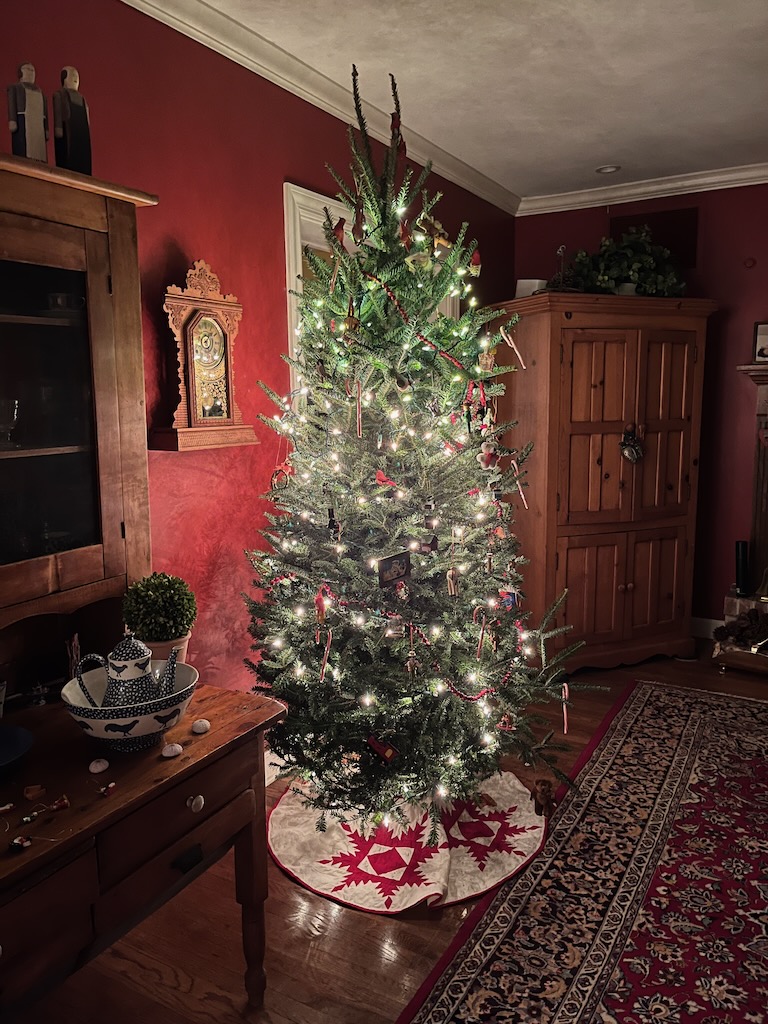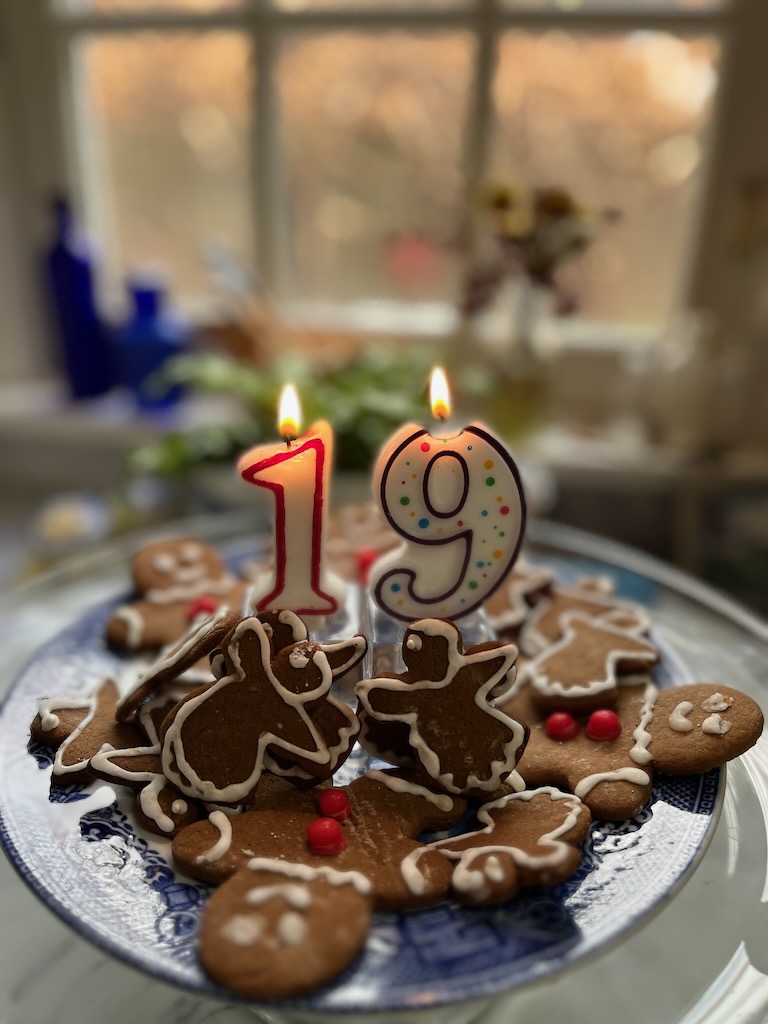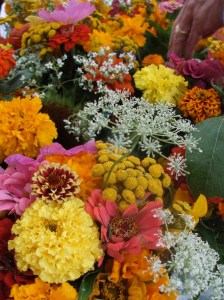love is . . .
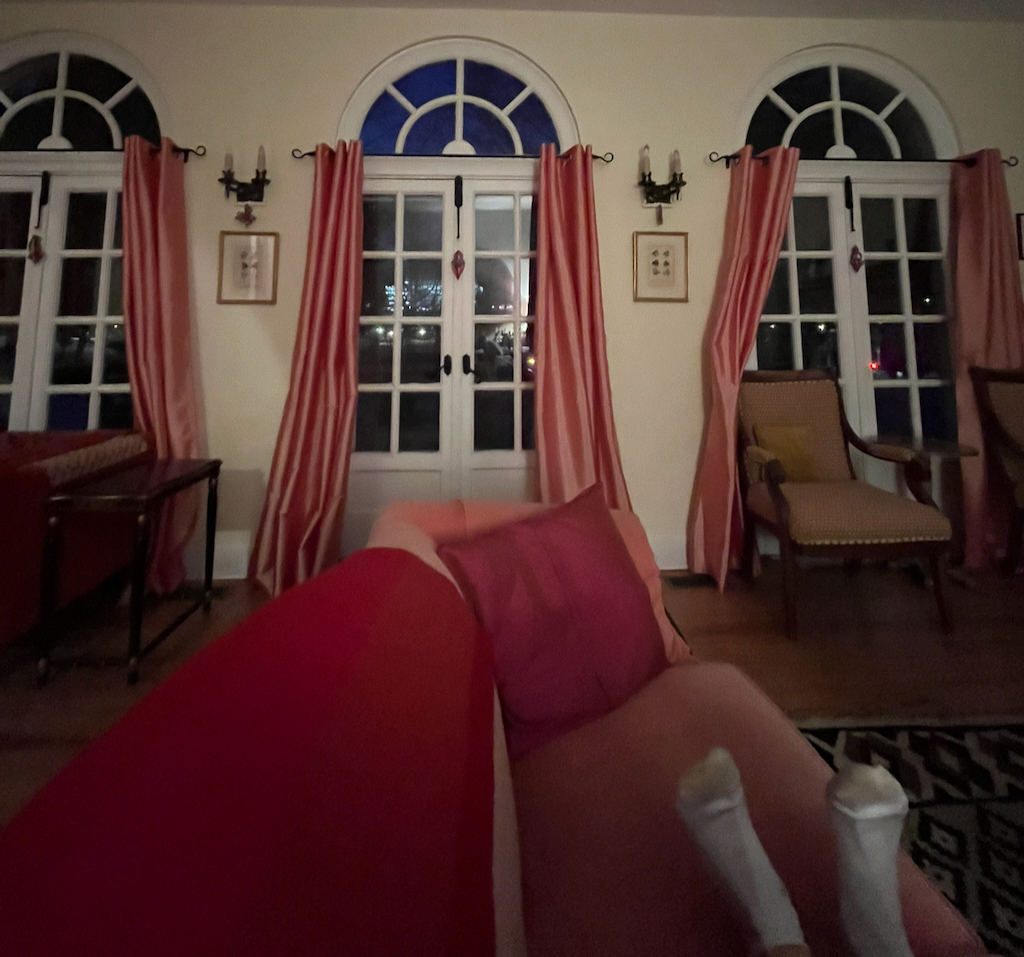
i am sitting on a velvet couch, by a great stone hearth, looking out onto a city still cloaked in darkness. dawn comes late on the western edge of the eastern time zone, and that’s where i am. not a mirrored sliver of light is yet igniting the river that flows just beyond, where yesterday swans glided by.
i seem to have landed in a stanza of poetry here in a professor’s house on the banks of the st. joe river. upstairs sleeps another professor, the one who is renting this house for a semester. and what a thing it is to step into a home appointed by someone you’ve never met, someone you suddenly wish more than anything you could sit down beside, curled on this velveteen couch with steaming mugs of darjeeling, unreeling a bounty of stories.
this house is that of a professor from mauritius, a professor who has lived all around the world. it is filled with tropical, faraway touches, remnants of home on the island nation in the indian sea. draperies are silk; paint colors, rose and persimmon and a blue as blue as a tidal pool. the hoosier wood floors, covered with rugs so persian you can almost hear the cacophonies of the shuk where they might have been traded.
i’m here, instead of home where on the fourteenth of february long, long ago construction-paper hearts would be sprinkled from bedside to breakfast table, and where today my beloved is there all alone, because here is where love drew me.
love is what draws you to places you hadn’t intended to be. because love is the something that comes when it’s called. love sits in silence. love is the sound of footfalls in another room, the simple reminder that love is nearby, is filling the spaces between you. and nothing need be spoken.
love is the ineffable force that lies at the heart of that vessel within, that one we call “the heart” for we’ve no other word, really, for that rising tide inside us, the one that washes through us sometimes, the one that breaks us out in tingles. the one that makes our knees go weak. the one that makes us weep.
i don’t think love lives in the heart, actually. i think it lives in the whole of who we are. i know it lives in our fingertips because i’ve felt my fingertips melt when entwined with anyone i love. it certainly takes up occupancy in our knees because they’re the first to wobble whenever we’re overcome—by joy, by heartbreak, by grief. and i know it lives in our eyes, because i’ve seen it. and once you’ve seen it, you know it.
i’ll concede that that place mid-chest and slightly off to the left, the one that thumps and races and slows, love shares a room in there too, but it surely isn’t confined. can’t be. though we seem to have pinned it onto the heart in our flimsy imaginations.
i’m thinking much about love this week—how it shapes and colors our hours, and how it pulls us beyond ourselves—because this is a week where it’s made itself so vividly known.
love is the arrow that plunges the bayonet into your heart when someone you love has died. because the heart, schooled by life, knows the measure.
this week a someone i loved beyond measure breathed her last, and i, along with legions of others, am stricken. i only knew her for maybe a year and a half, but oh we loved deep right away. she was a fellow traveler on cancer’s road, and in that way that cancer works, she was more alive than just about anyone i’ve ever bumped into. once you know you have cancer, time is condensed. you can trek miles in minutes. so we did, she and i, mostly in letters.
her mind was brilliant, was curious; her writing took my breath away. my laptop is filled with her shimmering letters. she asked the most profound questions of life, of God, of whatever comes next. she found joy just about anywhere. quite certainly in books. during the months as she grew sicker and sicker, she was deadset on one final task: filling the shelves of the library her magnificent husband had just built for her, a whole room, wall to wall to wall. heaven on earth for my friend.
in the best of us, these are the trademarks of living with cancer, wringing every last droplet of life, with little room for regret. urgency underscores all of it. and filters are all stripped away. her name was annie, a name i’ve always adored, a name that makes me think ragdoll but in the most beloved way. i wasn’t going to write about her because her mama—one of the loveliest, funniest, fiercest someones i’ve ever met (this apple didn’t fall far from its tree)—often pulls up a chair, and i didn’t want to tread on her pain, or speak out of turn. but here i am saying simply that annie was love, was incandescent, and inextinguishable. and i will never ever let go of her spark. and i will carry her with me forever. i love her.
love defies death. it refuses to go. carries on into the all-that’s-to-come. shifts form, and does not grow thin.
that’s not all that broke my heart this week. i am keeping vigil as another someone i’ve loved is breathing her last. she’s in montana now, living with her brother who is at her bedside as i type this. he squeezes syringes of morphine between her lips, and sends me updates by text.
for years, she was a constant here in our leafy little neighborhood. she’d moved back to the big family house to care for her aging mama and papa, both of whom have since died, and the house was sold, and the money ran dry. and it was a heartache, all of it.
but she, like every other someone i’ve ever loved, taught me so very much on the subject. sarah is her name, and she made us her tight-knit family, all of us who live along the alley that runs behind our houses: she baked by the hour, tended a tomato garden, filled baskets with juicy peaches at the farmer’s market, and delivered her goods door-to-door in bulging bags she’d hang on the doorknobs. she sent kids off to college with care packages filled with just about anything under the sun (first aid kits, mini blenders, packets of pedialyte). and, most of all, she adopted feral cats, cats so afraid of humans it took her months to get them to curl up beside her. but night after night she sat out there in the alley with her still-warm roasted chicken, and her cans of albacore tuna, and piles of blankets (all for the cats who knew where to find her, every evening at 7). some nights, she’d sit there till midnight, sarah and one or two of her cats. maybe they counted the stars.
the sun is up now. and i hear footsteps above. another day to learn about love. and mostly to live it as deeply as i am able.
here’s a beauty found this week….
This world is a school and we are its students. Each of us studies something as we pass through. Some people learn love, kindness. Others… abuse and brutality. But the best students are those who acquire generosity and compassion from their encounters with hardship and cruelty. The ones who choose not to inflict their suffering on to others. And what you learn is what you take with you to your grave.
—Elif Shafak, Turkish novelist
what did you learn about love this week?

